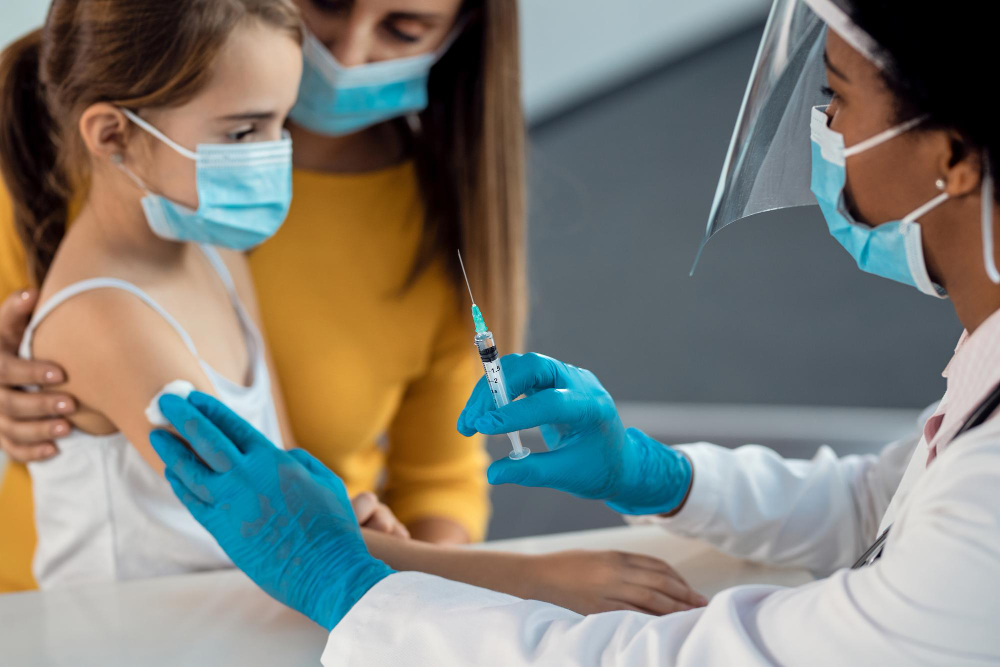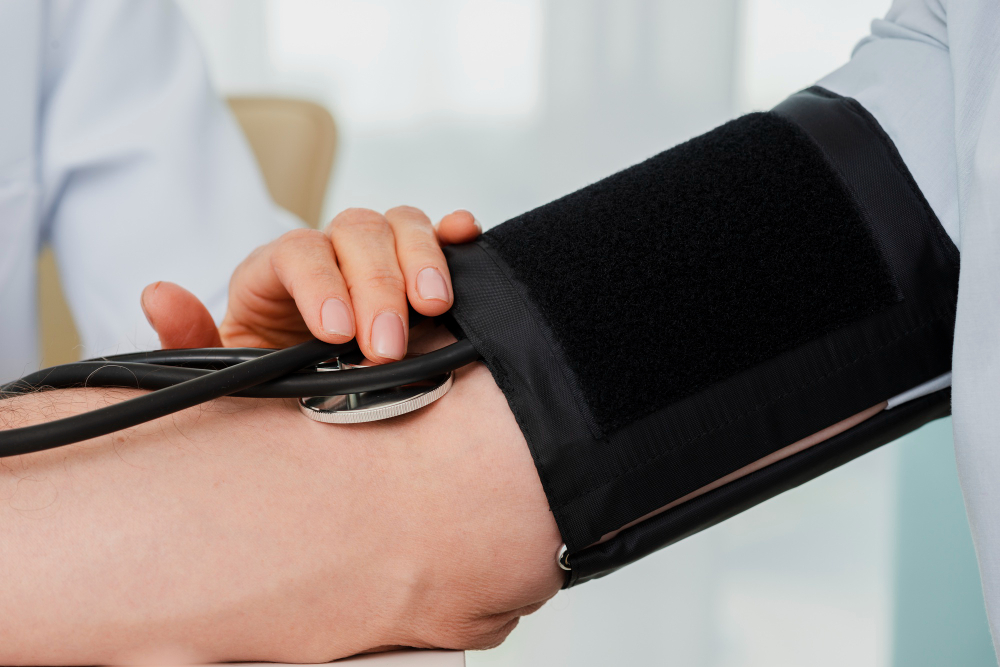Home > Pharmacy First > Infected Insect Bite
Infected Insect Bites
Insect bites and stings are common and usually cause minor irritation that clears up within a few days. However, if a bite becomes infected, it can lead to more serious complications. Recognising the signs of infection early and taking appropriate measures can help prevent further issues.
Causes of Infection
An insect bite can become infected when bacteria enter the skin, often due to excessive scratching. Scratching breaks the skin’s surface, allowing bacteria to penetrate and cause infection. The most common bacteria responsible are Staphylococcus aureus and Streptococcus pyogenes. Poor hygiene or exposure to contaminated surfaces can also contribute to infection.
Symptoms of an Infected Insect Bite
An infected insect bite may show the following signs:
- Increased redness and swelling: The area around the bite may become larger and more inflamed over time.
- Pain and tenderness: The bite site may feel sore or sensitive to touch.
- Pus or discharge: A yellow or green fluid may ooze from the bite, indicating infection.
- Warmth: The skin around the bite may feel unusually warm.
- Fever and swollen glands: In some cases, an infection may trigger flu-like symptoms, including fever and swollen lymph nodes.

Treatment Options
If you suspect an insect bite has become infected, it is important to seek medical advice. Treatment options include:
- Antibiotics: A doctor may prescribe oral antibiotics if the infection is severe or spreading. Common options include flucloxacillin or, for those allergic to penicillin, clarithromycin.
- Pain relief: Over-the-counter painkillers such as paracetamol or ibuprofen can help reduce discomfort.
- Topical treatments: Applying antiseptic creams or ointments can prevent the infection from worsening.
- Cleaning the bite: Washing the area gently with soap and water and covering it with a clean bandage can help prevent further irritation.
It is important to complete any prescribed antibiotics, even if symptoms improve before finishing the course.
When to Seek Medical Attention
You should seek medical advice if:
- The bite is in a sensitive area, such as the mouth, throat, or near the eyes.
- Symptoms worsen or do not improve within a few days.
- A fever develops, or you feel generally unwell.
- The redness and swelling spread rapidly.
Prompt treatment can prevent serious complications, including cellulitis or abscess formation.
Prevention Tips
To reduce the risk of insect bites and infections:
- Use insect repellent: Apply repellents containing DEET when spending time outdoors.
- Wear protective clothing: Cover exposed skin with long sleeves and trousers in high-risk areas.
- Avoid scratching bites: Keeping fingernails short and clean can help reduce the risk of breaking the skin.
- Maintain good hygiene: Wash insect bites with soap and water and apply antiseptic to lower the risk of infection.
- By taking these precautions, you can manage and prevent infected insect bites effectively. If an infection does occur, early treatment will help ensure a quick recovery. If symptoms persist, visit your GP or pharmacist for advice. You can also find suitable antiseptic treatments and pain relief at “Pharma Centric”.


